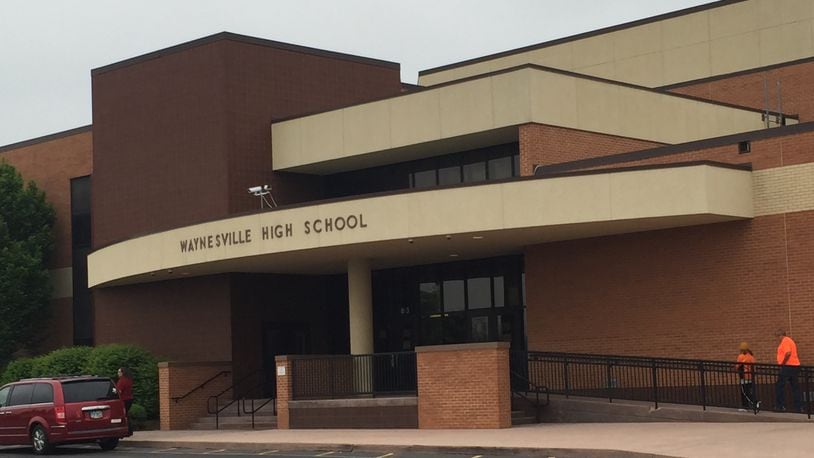“We need to have everyone back so we can look at our options,” Ison said.
He said that he did not know if the district will bring the levy back to the ballot in November.
“This was not a ‘renewal’ and I’m not sure if everyone understood that,” Ison said. “The needs of the five-year plan aren’t going away.”
Ison said he wants to reflect and see what the district can do better and find out why people voted no.
The vote was not close. Residents rejected the proposed levy by a vote of 66.3% against, and 33.7% in favor, according to unofficial, final results from the Warren County Board of Elections. The same issue was also defeated in November 2023.
The district was seeking a permanent improvement levy, which pays for facility maintenance and other long-term assets such as school buses. Waynesville’s levy was a five-year 1.65-mill levy that would have cost residents an additional $58 per $100,000 in property value, to generate $662,000 a year for the schools, according to the Warren County Auditor’s Office.
While it was listed as an additional tax levy, Ison said it would have replaced an expiring bond levy approved 25 years ago to construct Waynesville High School and therefore would have resulted in tax rates continuing around the same level.
Ison said permanent improvement levy funds can only be used for facilities and equipment, not for personnel or salaries. Had the levy passed, the revenues would have been used for capital improvements, maintenance, repairs, HVAC, technology, safety and security, and bus/van/truck purchases, he said.
About the Author
